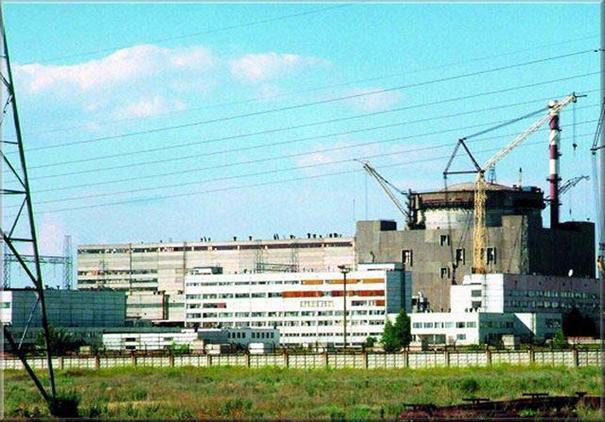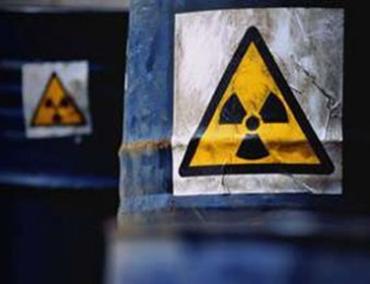TEXT3. SOURCES OF NUCLEAR DANGER
According to experts Russia has inherited 80 percent of the military-industrial potential of the former USSR. Russia has also inherited the same nuclear facilities designed for peaceful uses. In the former USSR, 10 nuclear power stations are now located in Russia, 5 in Ukraine, one each in Kazakhstan, Armenia and Lithuania.

All these facilities are sources of enhanced danger and potential military, terrorist, ecological or accidental catastrophes. Since the end of the 1990s Russian scientists have been discussing the possibility of scattering nuclear facilities along sparsely populated territories. However the lack of roads and investments impart a purely academic nature to this discussion.
Countries operating APs all face the intractable problem of the storage of used up nuclear fuel. Some of them have to pay to dump their waste on grounds which possess the necessary level of security. Due to the grave ecological situation this problem is especially acute in Ukraine which badly needs energy.
The main sources of potential danger include:
- terrorism at nuclear facilities;
- stealing and smuggling of nuclear fuel;
- technological accidents;
- managerial accidents, caused by low qualification and irresponsibility of the personnel;
- interstate (mainly Russian-Ukrainian) disputes over the utilization of plutonium, the dumping of waste and monitoring the defense potential.
Fortunately there have not been any large-scale catastrophes in the country's nuclear complex since 1986. However the number of violations in the operation of atomic plants is on the rise. In 2006 there were 87 accidents including 22 cases of turning off the power units and 28 cases of their power being reduced. The main reason for the emergency in the nuclear energy complex is nonpayments on both sides which cause a chain reaction. Nuclear fuel is not purchased and employees are not paid.
Another potential danger is Russia's turning into the world's radioactive dump. So besides Russia's 9 nuclear energy stations with nuclear installations, 9 nuclear-powered ships (15 nuclear installations), scientific research institutes (113 nuclear installations), 12 enterprises and 16 Radon plants on the processing and burial of nuclear waste now there is nuclear waste brought to Russia from abroad. Used up nuclear fuel is already being stored in the Chelyabinsk Region and the Krasnoyarsk Territory by Finland, the Czech Republic, Ukraine, Kazakhstan, Bulgaria and Hungary. In line are western countries which are offering higher rates for the transportation and storage of nuclear waste than our former socialist partners.

Since the processing of waste brings hard currency to Russia the question of bringing the waste into the country is not debated. And plants for processing nuclear waste (those in Chelyabinsk and Krasnoyarsk are not yet completed) are already unable to handle its growing flood. Where, how much and on what conditions Russia is accepting the waste is a strict commercial secret which may turn into a nuclear catastrophe if it gets out of control – one that can make Chernobyl look like child's play.
Ex.1. Answer the following questions:
- What was the general trend concerning APs in the 1990s?
- What made the atomic sector safer with the years?
- What are the disadvantages of many Russia's AP's location?
- What possibility are Russian scientists discussing?
- What makes nuclear facilities sources of enhanced danger? Where does the danger come from?
- What problem will APs always face?
- What is the present condition of the country's nuclear complex?
Ex.2. Give Russian equivalents for the following:
A drive to reject the use of nuclear power energy; 11 percent share in the country's energy complex; to put out of commission; higher energy prices stimulated energy conservation; a new generation of reactors; the most dangerous APs in environmental terms; GDP; the lack of roads imparts a purely academic nature to the discussion; an intractable problem; irresponsibility of the personnel.
Ex.3. Retell the text.